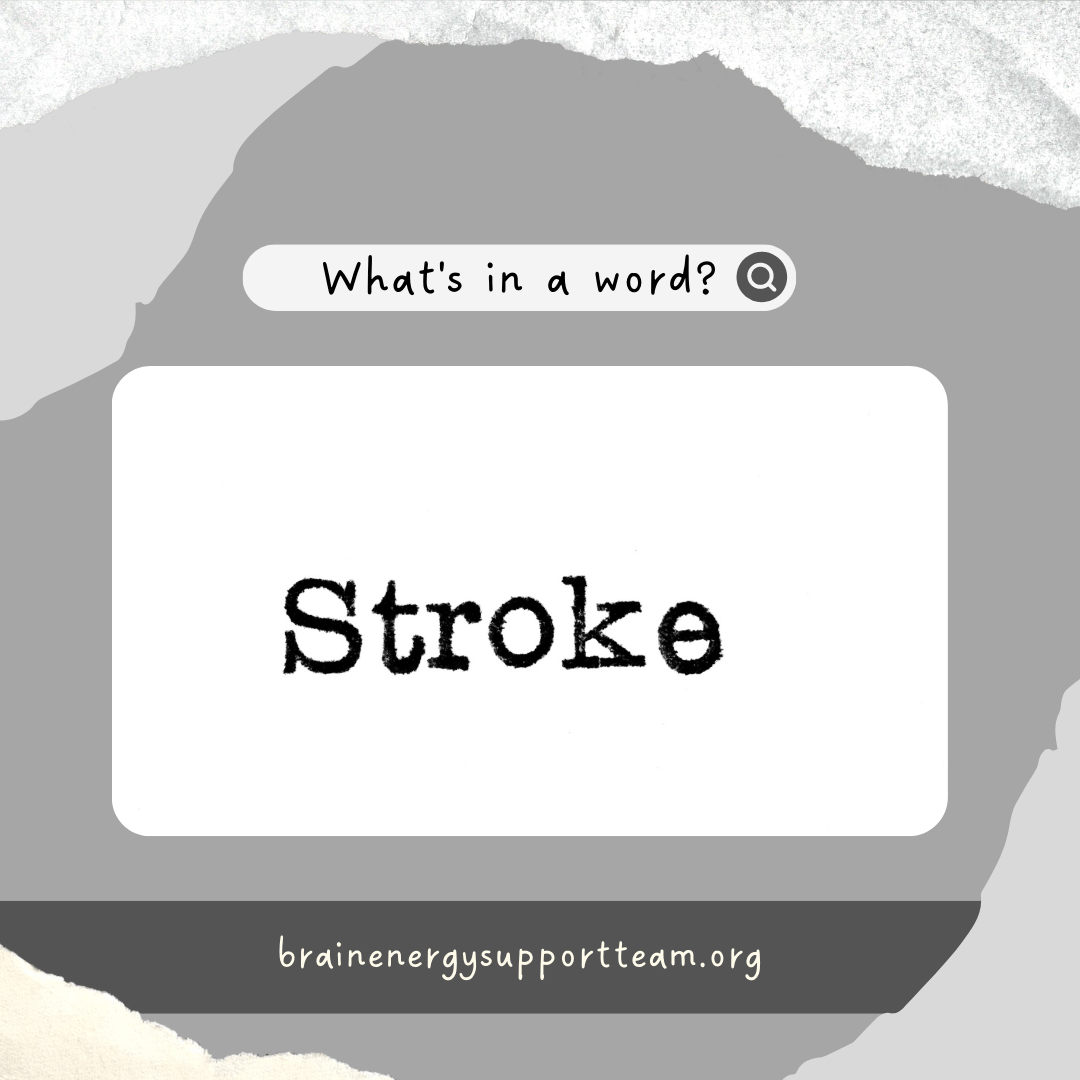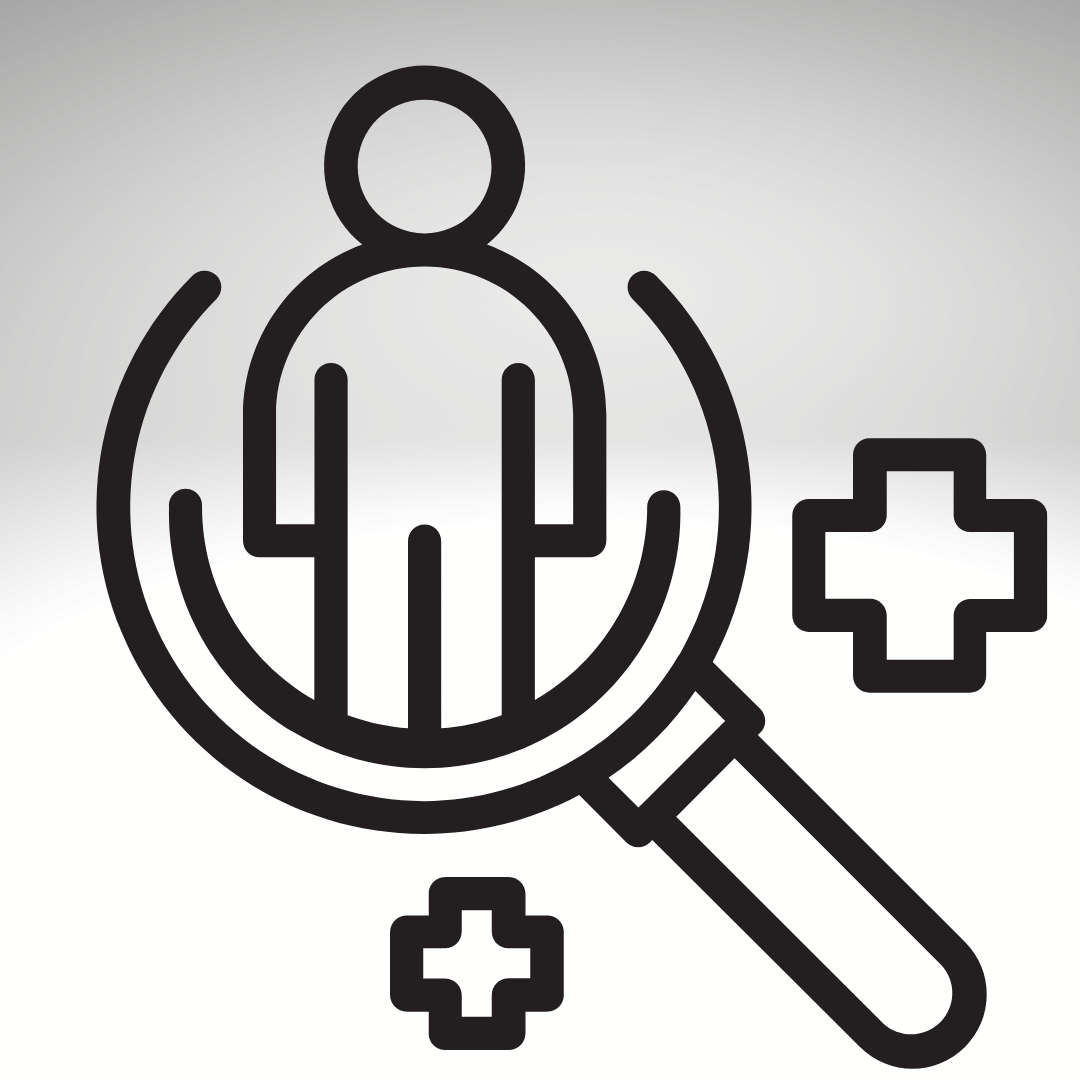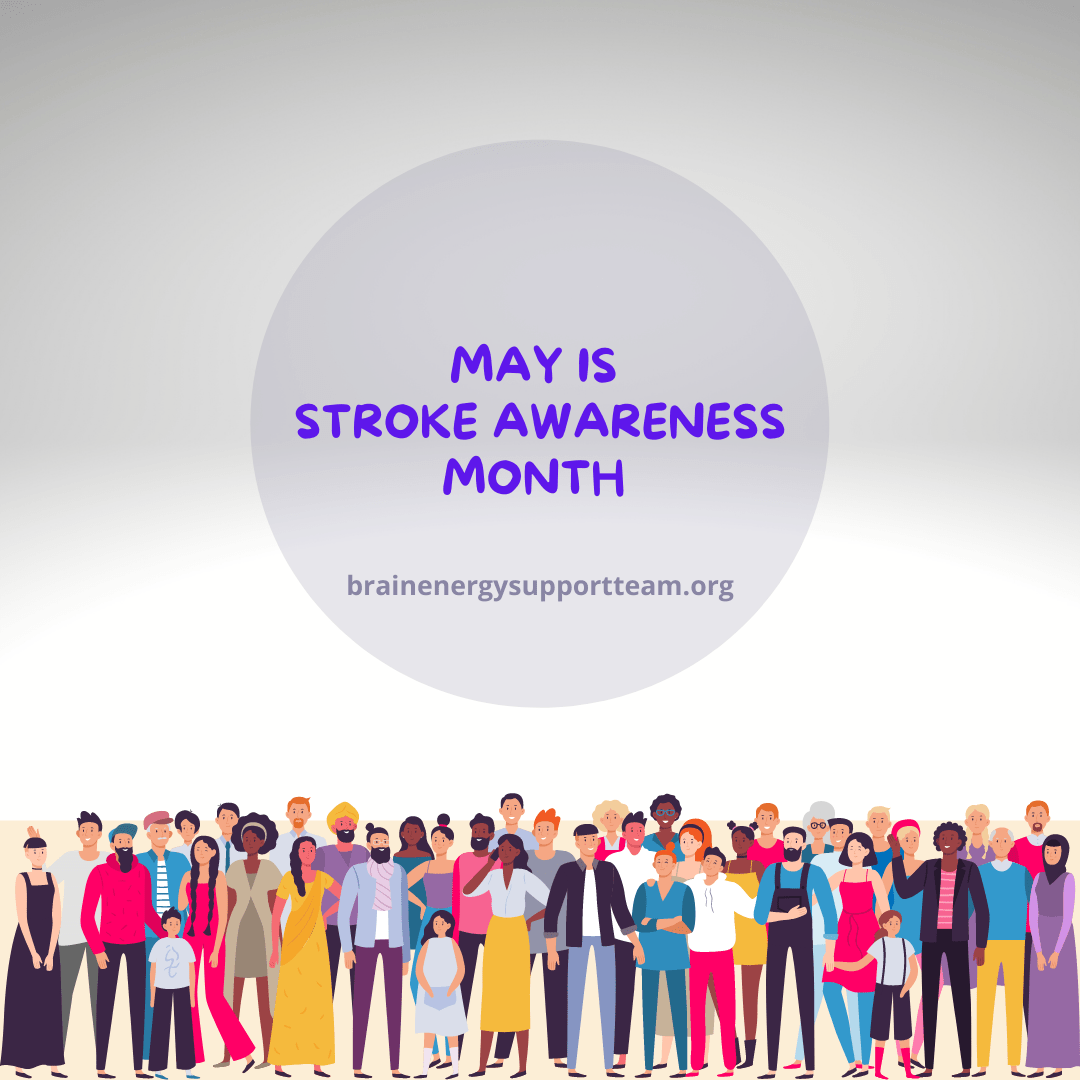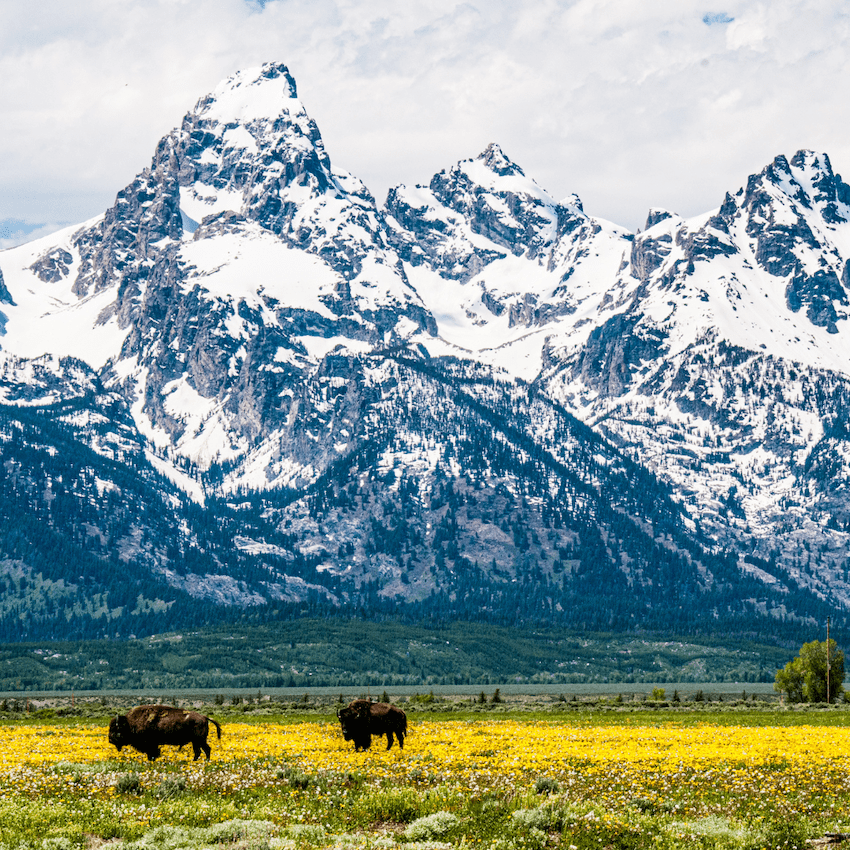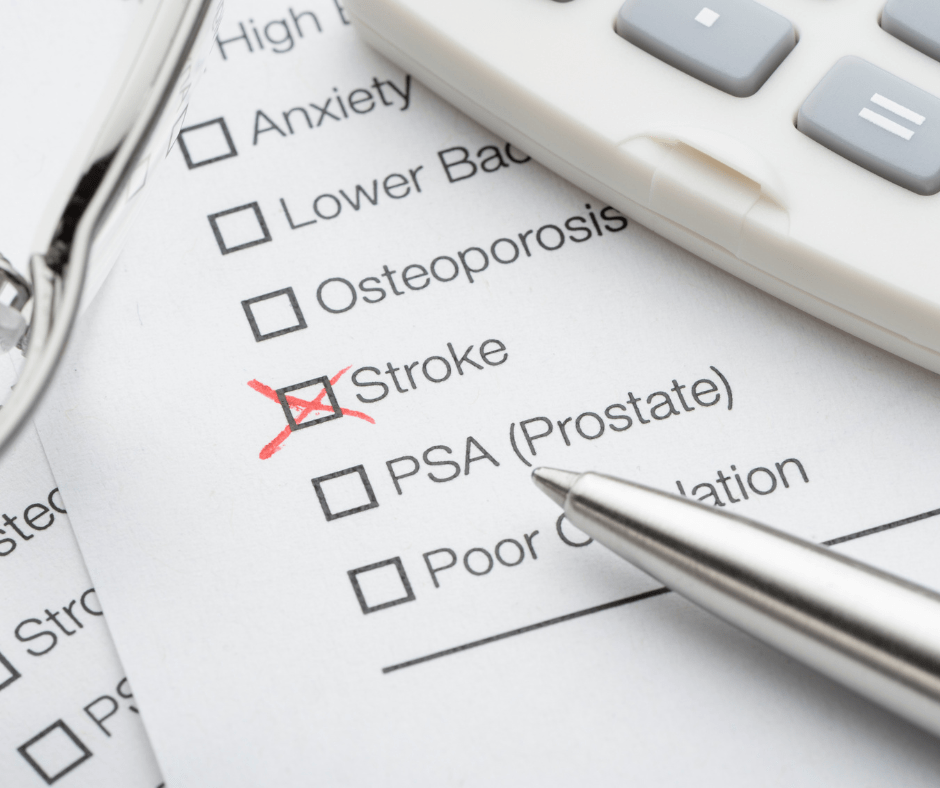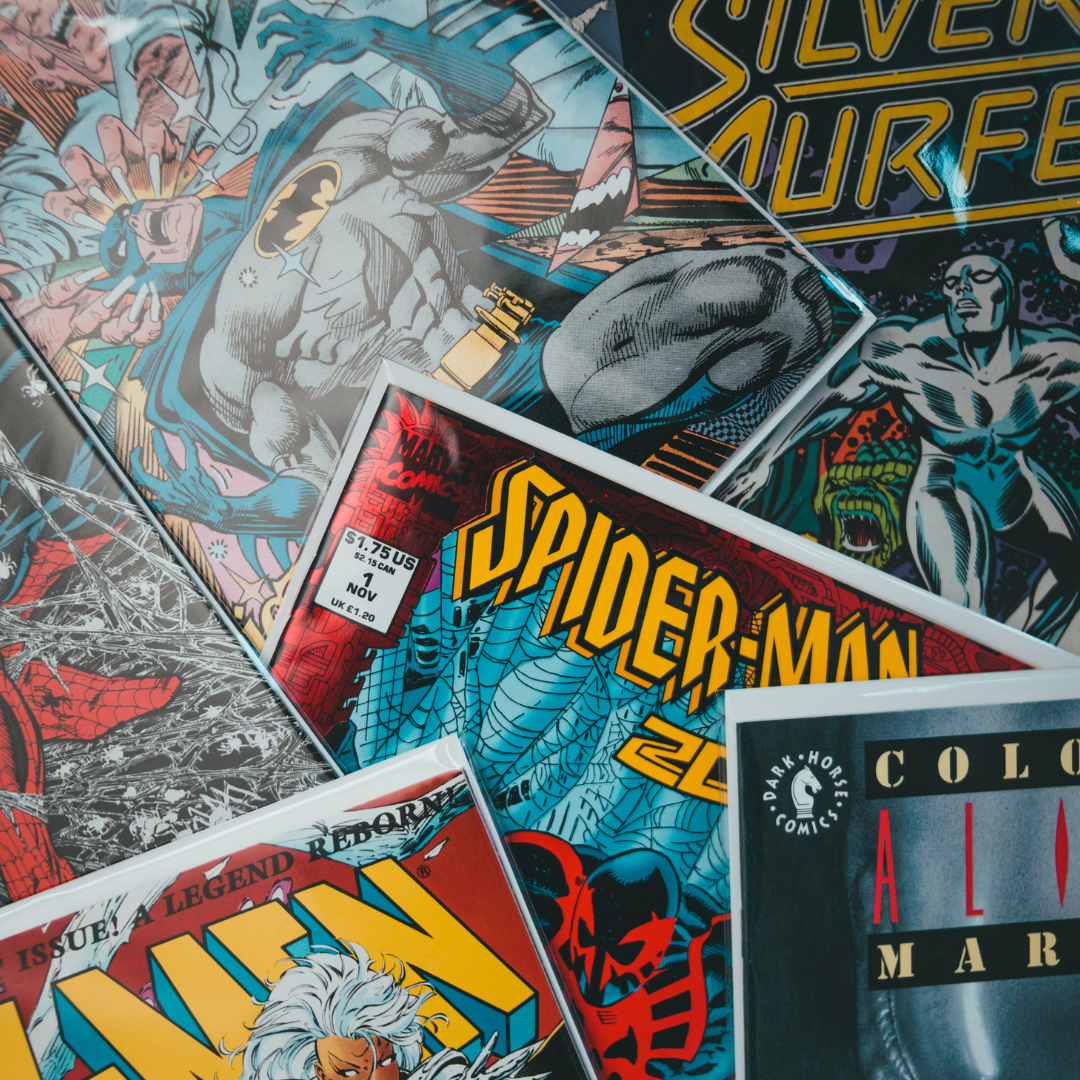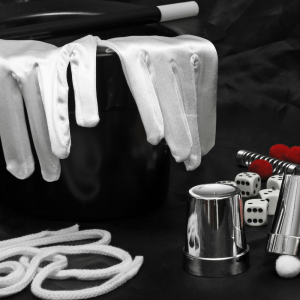 My particular brain trauma was a stroke and I am constantly surprised at what I hear (and read) from some stroke survivors. I am a member of various Facebook groups, internet forums and so on. There appears to be quite a few of us out there who haven’t really taken responsibility for the situation they find themselves in and are looking for a miracle cure. I know from my own experience that the reality of what has happened to us can take a while to sink in. Yes, it’s awful. Yes, it’s unfair. And yes, it’s tragic. But it’s happened. And, unless someone invents a time machine, it is now who we are. And it is only us who can change it. So, let us try and make the best of it.
My particular brain trauma was a stroke and I am constantly surprised at what I hear (and read) from some stroke survivors. I am a member of various Facebook groups, internet forums and so on. There appears to be quite a few of us out there who haven’t really taken responsibility for the situation they find themselves in and are looking for a miracle cure. I know from my own experience that the reality of what has happened to us can take a while to sink in. Yes, it’s awful. Yes, it’s unfair. And yes, it’s tragic. But it’s happened. And, unless someone invents a time machine, it is now who we are. And it is only us who can change it. So, let us try and make the best of it.
It’s not easy.
In fact, it’s incredibly difficult (without doubt, the hardest thing I have done). But we are where we are. The only change is going to come from us. No short cuts, no silver bullets, no magic pills. Recovery is just plain effort and hard work. I used to play a fair bit of golf and my regular golfing buddy used to say, “Just play the ball as it lies.”
On the subject of golf, the wonderful South African golfer, Gary Player, was once accused by a journalist of being lucky. (This luck enabled him to become only the third golfer in history to win the Career Grand Slam in 1965; even now, only five golfers have ever achieved this feat. Some luck). The great man smiled at the impertinent journalist and said, “Y’know, it’s a funny thing, but the more I practice, the luckier I get.”
What a great answer! Strangely, I’ve found that with my recovery the more I take responsibility for my situation (and acknowledge it), and the harder I work, the more effort I put in, the better mobility I have. Isn’t that odd? I must be lucky.
In general terms, the medical profession knows how our brain trauma has happened. Science tells us the mechanics and the process of it. What science can’t tell us is, specifically, why it happened to you. Or me. And why it happened when it happened. So, we just have to accept that stuff happens. That is just how it is. That’s life. It leaves a bitter taste, but that’s how it is. This wasn’t some divine edict. No point in asking Why me; we just have to roll up our sleeves and take 100 percent responsibility for our recovery. And put in the hard work. No one can do that for us. So, work hard and make yourself lucky.
In his book, Stronger After Stroke, author Peter Levine says that he feels that musicians and athletes make the best recovery from brain injury because they are used to doing boring, repetitive tasks again and again. Which I think describes physiotherapy quite well, don’t you? He has a point.
As a former professional drummer, I learnt that the only way to get any level of competence at the drum set was to do it over and over and over until my hands developed blisters, bled and eventually toughened up. This took a long time and a lot of effort. No pain, no gain.
Yes, stuff happens and it happened to us. But, if we want to make improvements, the buck stops right here. What you put in, is what you will get out.
Take care everyone, and thanks for reading my blog from Scotland!
Andy
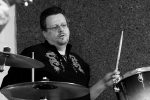
About Andy: On May 28 2013, Andy was struck down by an ischemic cerebellar stroke. He developed complications and two days later underwent emergency brain surgery to decompress his skull due to hydrocephalus. He almost died and has five missing days of which he has no memory of whatsoever. Prior to his brain attack, Andy was a professional musician, a drummer, and earned his living both as a player and teacher. He has been unable to return to work but is writing a CD of music inspired by his stroke story in order to raise awareness of stroke, particularly among younger people. As fellow brain injury survivors will understand, work is progressing at a snail’s pace! This project will also raise funds for the charity, Different Strokes. Please visit www.brainattackmusic.com to read more and to listen to some demo tracks. Andy lives with his wife in the beautiful Scottish Borders, very close to where the River Teviot meets the world famous River Tweed and has two sons, a stepson and stepdaughter, all of whom have flown the nest and are making their own way in life. As well as a deep love of all types of music, Andy enjoys watching sport, reading about history, learning about the brain and enjoying the peace and calm of the Scottish countryside.

